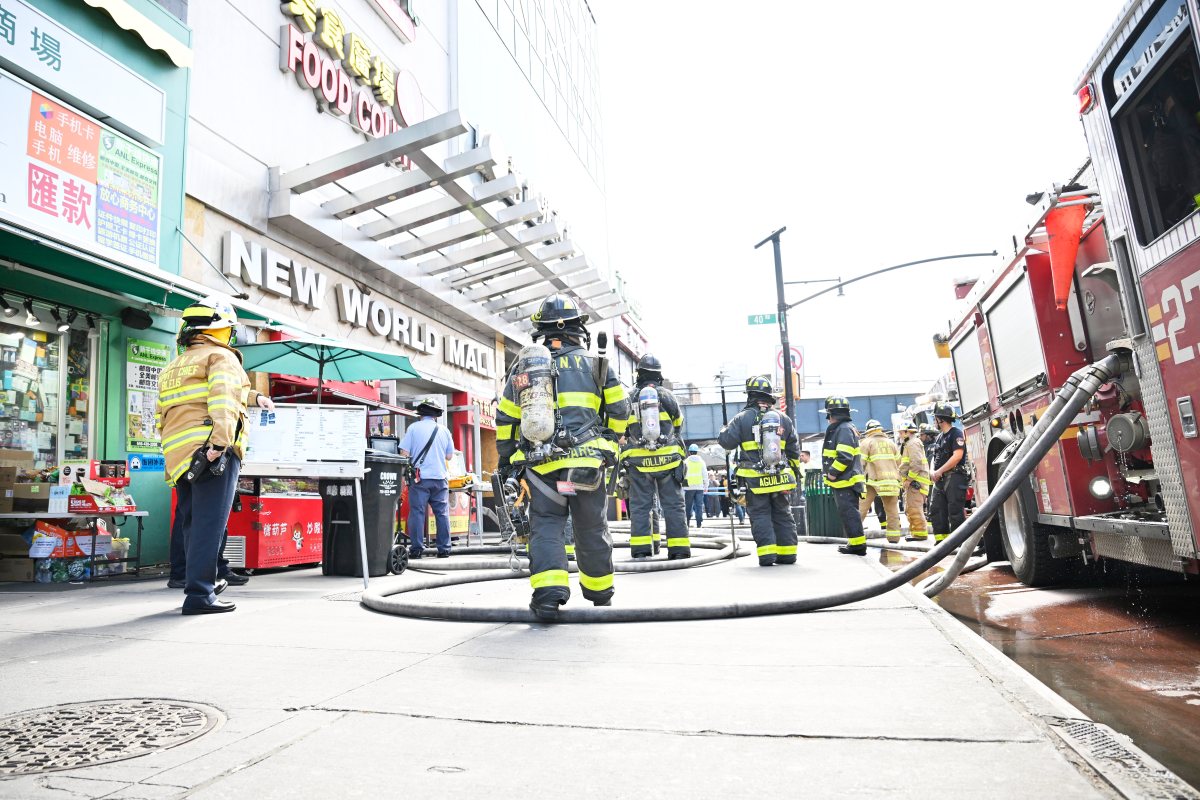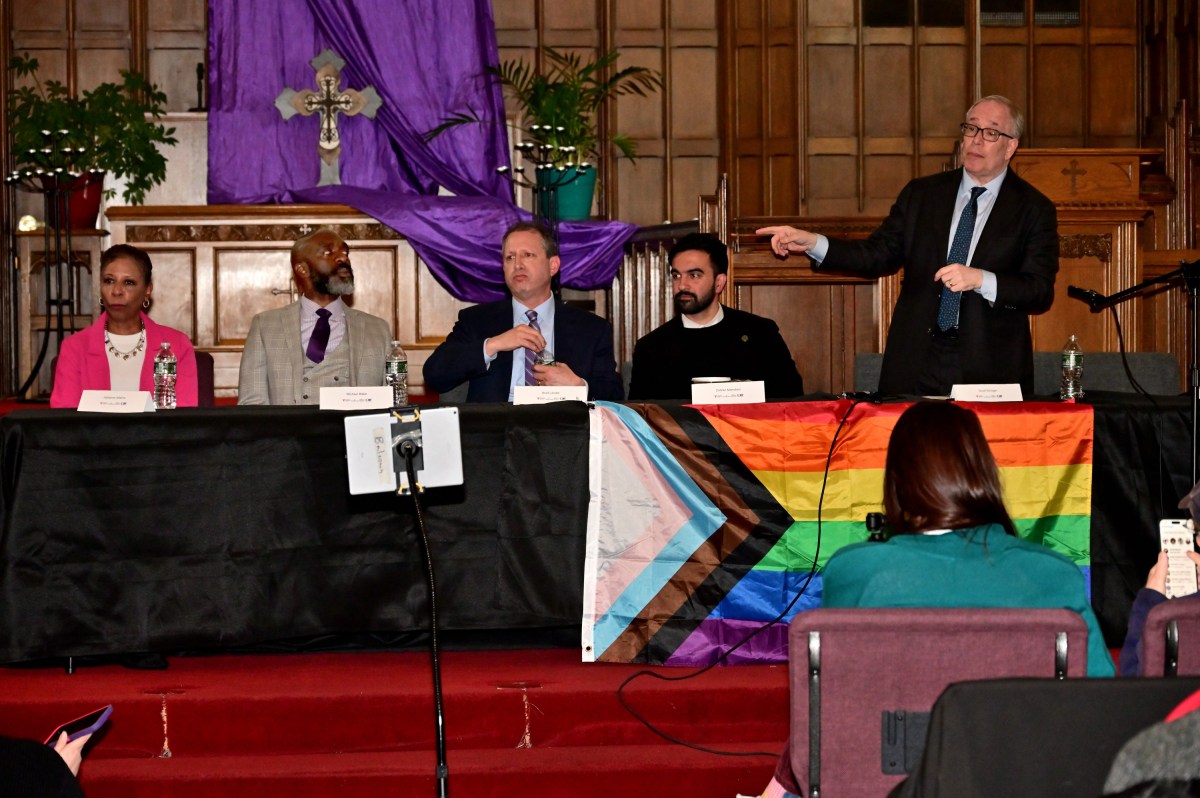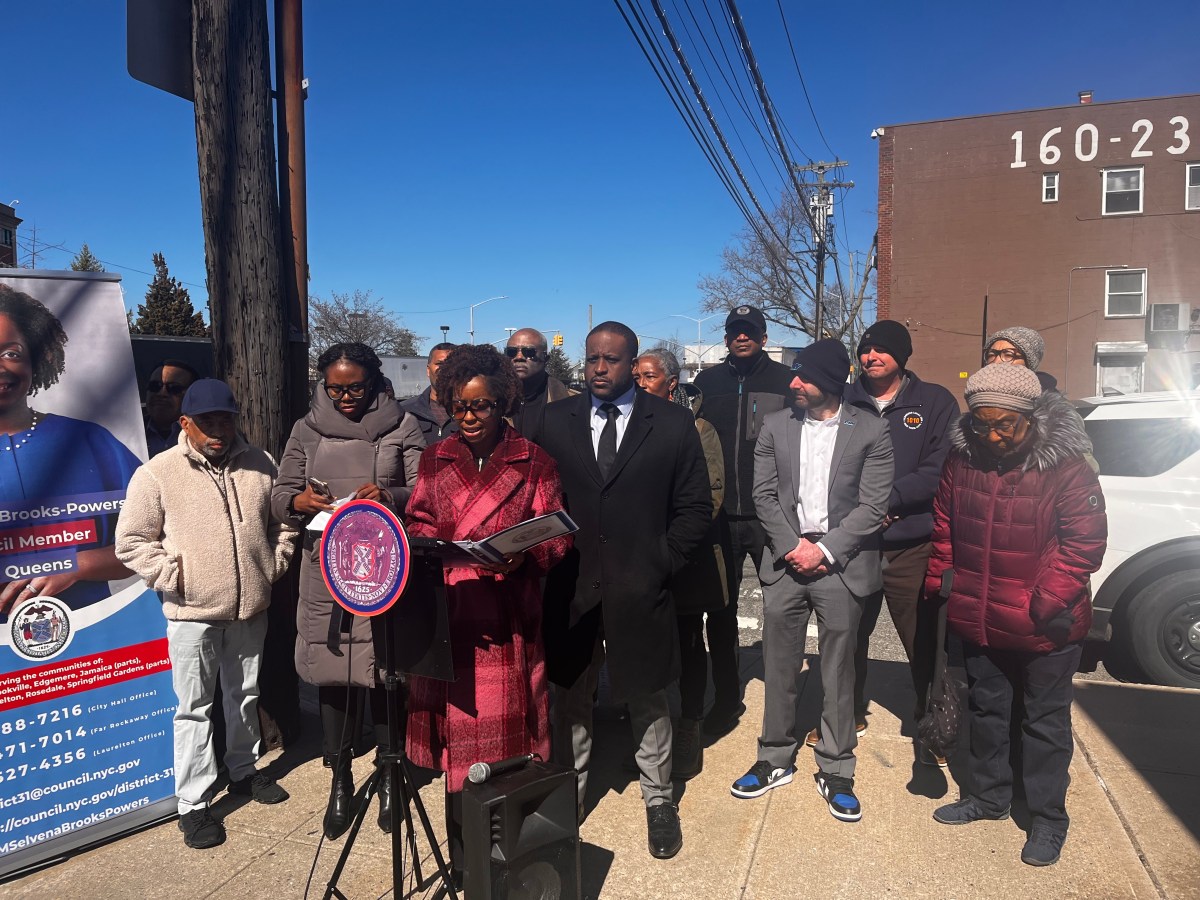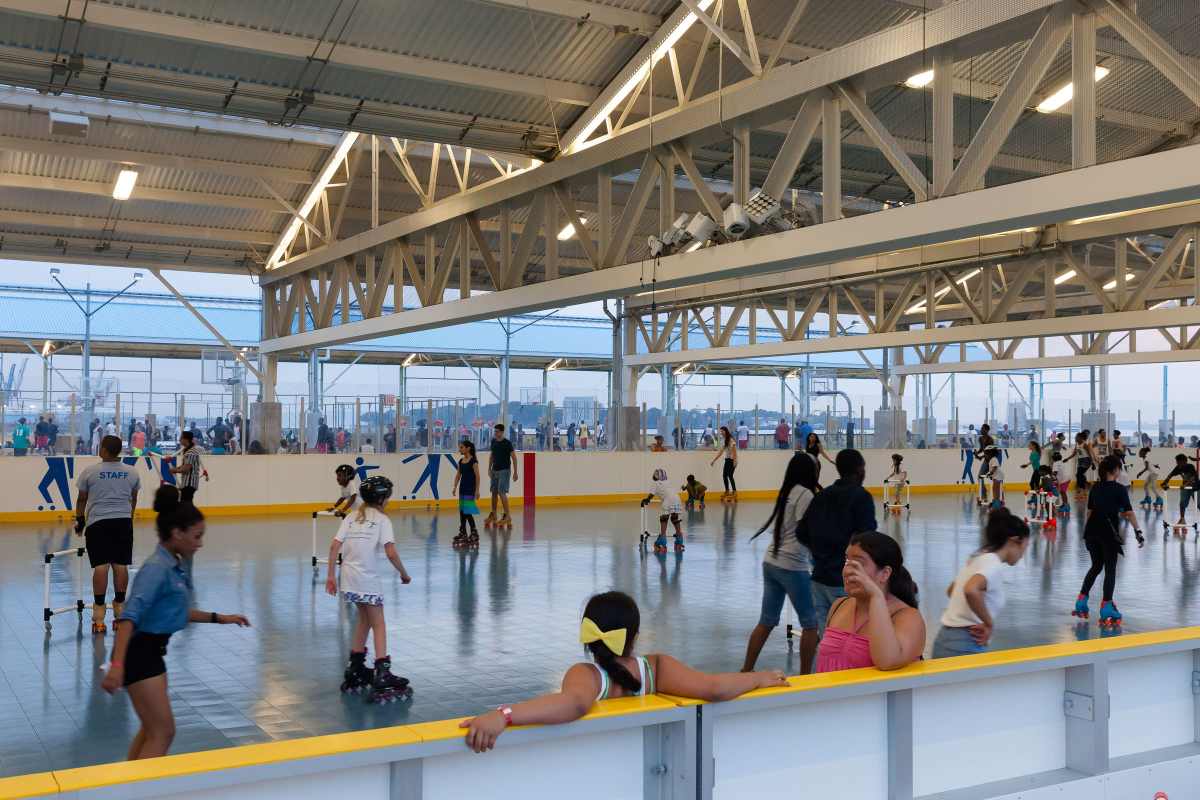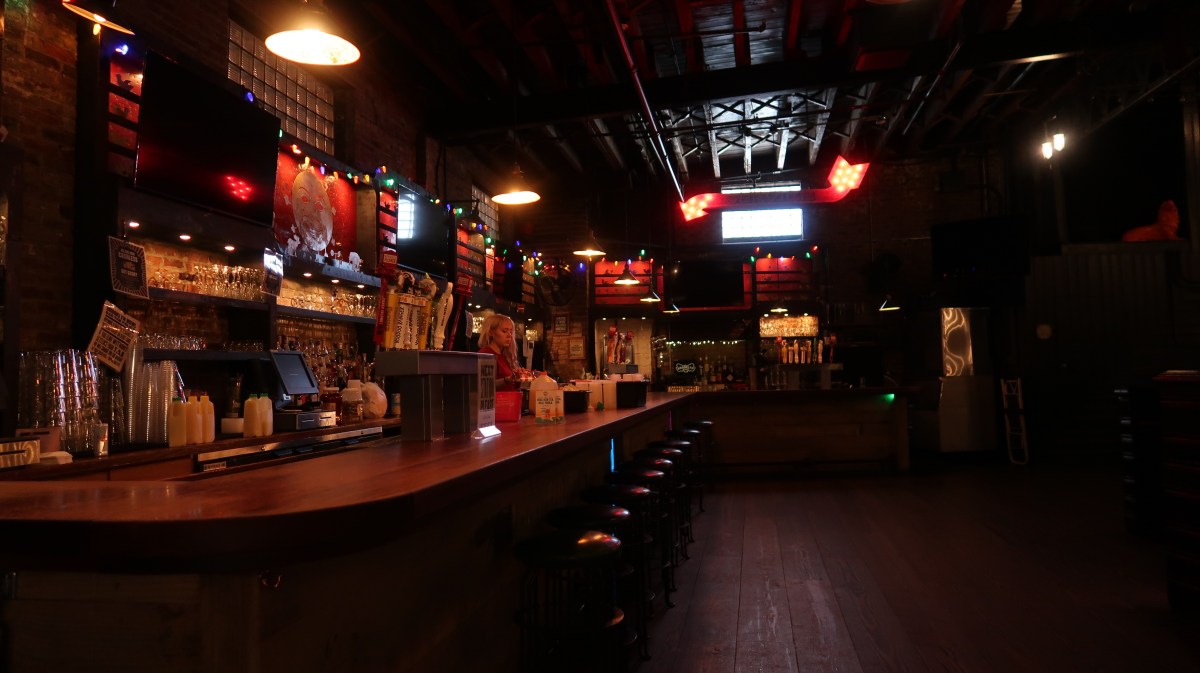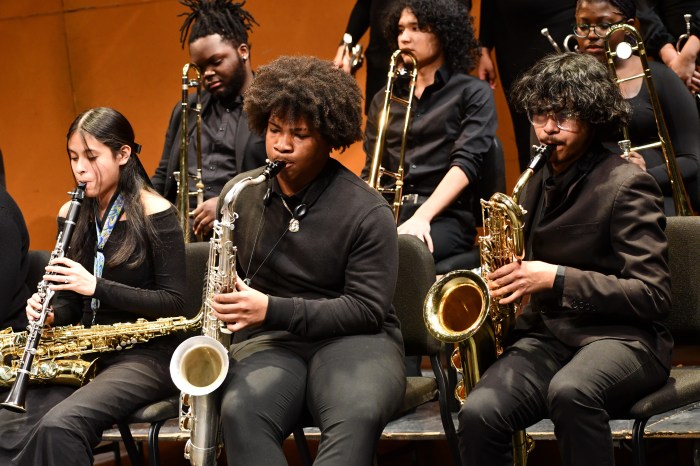
Airbnb is being accused of exacerbating rising rents in the city, particularly in Manhattan and Brooklyn, but the company is firing back, calling the analysis “deeply flawed.”
According to a report by NYC Comptroller Scott Stringer’s office, released Thursday, Airbnb listings were responsible for 9.2 percent of the citywide increase in rental rates between 2009 and 2016.
In 2016 alone, New Yorkers paid an extra $616 million in rent due to price pressures created by the company, per the report, with roughly half of that amount spread across just a few tourist-heavy or gentrifying neighborhoods in lower Manhattan and Brooklyn.
“For years, New Yorkers have felt the burden of rents that go nowhere but up, and Airbnb is one reason why,” Stringer said in an emailed statement Thursday. “From Bushwick to Chinatown and in so many neighborhoods in-between, affordable apartments that should be available to rent never hit the market, because they are making a profit for Airbnb.”
While Airbnb listings rose sharply from 1,000 in 2010 to 40,000 in 2016, peaking in 2015 at 43,000, the average citywide rental rate rose by 25 percent — or $279 — during the same time period, per the comptroller’s analysis.
As Airbnb sees exponential growth in the city, average New Yorkers are being pushed out of their communities due to rising rents, Stringer said.
“If we’re going to preserve the character of our neighborhoods and expand our middle class, we have to put people before profits. It’s that simple,” he added.
The report shows a correlation between rising rents in certain neighborhoods and the concentration of Airbnb listings in those areas, most notably Greenpoint and Williamsburg in Brooklyn and Murray Hill, Gramercy and Stuyvesant Town in Manhattan.
These neighborhoods saw the highest rental rate increases in their respective boroughs, while also being inundated with a large number of Airbnb listings, according to the report.
Between 2009 and 2016, average monthly rent in Greenpoint and Williamsburg rose by $659, $123 of which the report attributes to Airbnb growth in the neighborhoods.
Average rent in the Murray Hill, Gramercy and Stuyvesant Town areas rose by $488, and Airbnb growth is being blamed for $105 of that increase, per the report.
Airbnb, however, takes issue with the methodology used in the comptroller’s analysis, arguing that it falsely counts each listing as a removal of permanent housing in the city when the majority of its hosts share their residences with those who rent.
The report also relies on scraped listing data from AirDNA, which the company said is not affiliated with Airbnb and does not have access to its proprietary listing and booking information.
The company filed a Freedom of Information Act request with the comptroller’s office on Friday to obtain communications related to the conception and development of the report.
“The very foundation of the report is deeply flawed: assuming that all Airbnb Hosts are renting their homes 365 nights a year is akin to conducting a traffic study that assumes all cars in New York are on the road all day, every day,” Chris Lehane, head of global policy at Airbnb, said in an updated statement Friday.
Lehane claimed Airbnb has reason to believe Stringer’s report was influenced by special interests.
“This report was paid for with taxpayer dollars and the public has the right to know about who participated in this snow job,” he added.
A spokesman for the comptroller’s office stood by the report following Airbnb’s outrage, calling the analysis “carefully designed,” adding that the lack of regulation in the industry is taking a toll on the city’s affordability crisis in undeniable and measurable ways.



